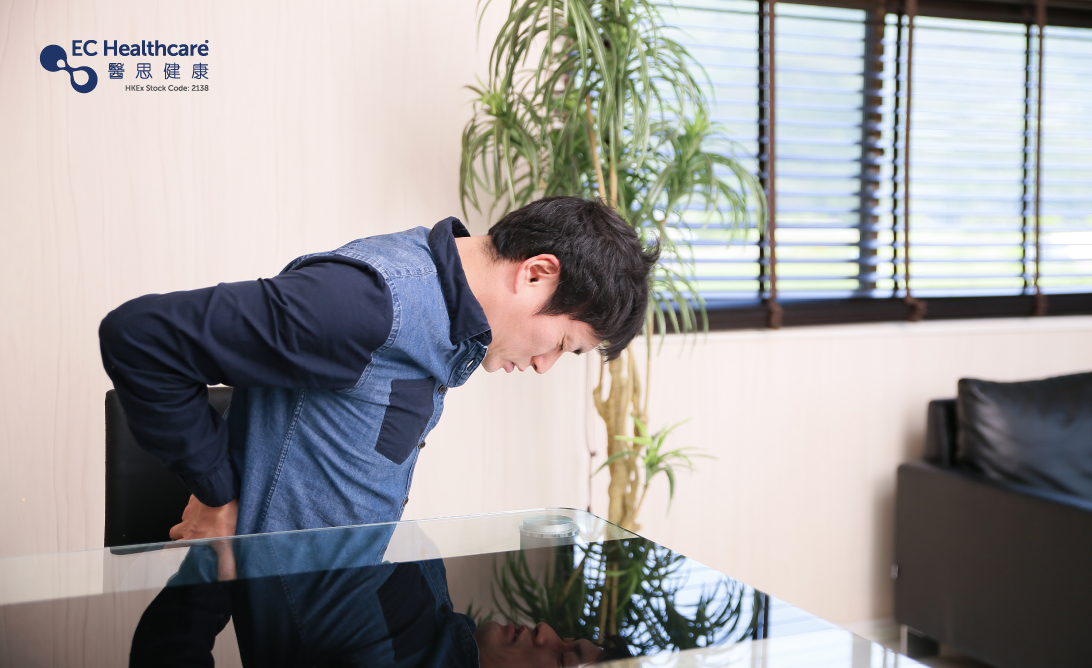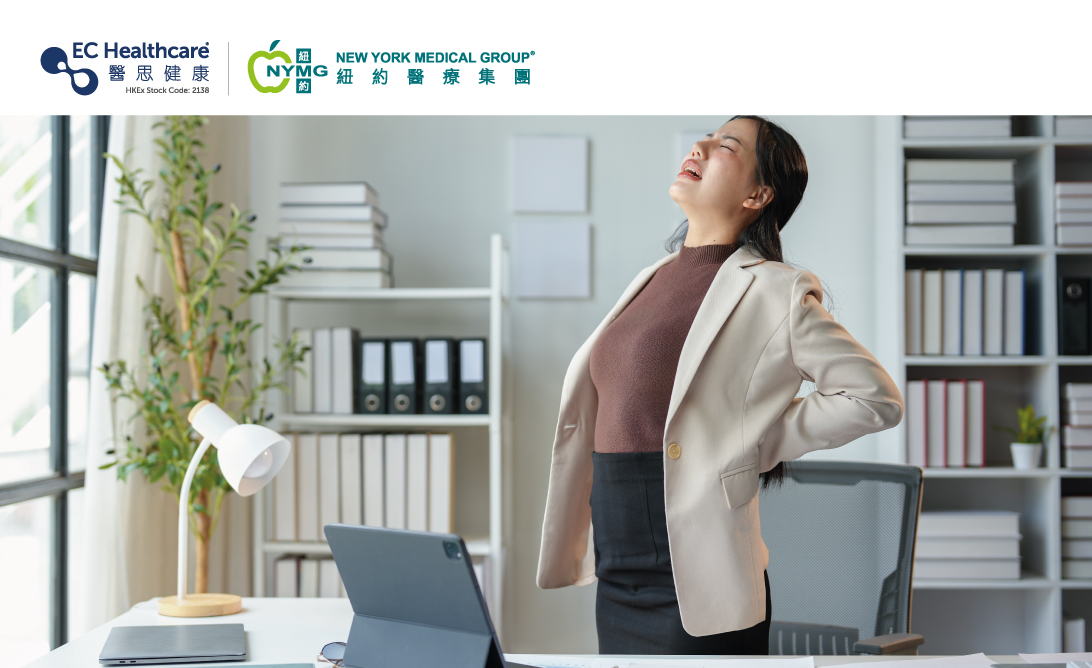Lower Back Pain and the Importance of Good Posture Does Cross-Legged Sitting Do More Harm than Good? Chiropractor Reveals How Cross-Legged Sitting Contributes to Pelvic Rotation/Tilt, Leg Numbness, and Swelling


Do you have a habit of crossing your legs? Do you often place your wallet in your back pocket? Do you frequently sit on uneven surfaces? Do you find yourself sitting in a slouched position? If you engage in these habits, your chances of experiencing lower back pain increase significantly.
The Cause of Lower Back Pain: The Risks of Cross-Legged Sitting
Prolonged periods of sitting in the described positions can lead to pelvic rotation and tilt, which can affect the lumbar spine. When we sit with crossed legs, one side of the hip is elevated and lifted off the seat, while the thigh crosses over and rotates towards the other side. This posture causes pelvic rotation and tilt, inward rotation of the hip joint, and strains the muscles of the thighs and buttocks. Additionally, the body may lean forward and tilt to one side, resulting in a hunched posture.
Our spine is like a building, and the position of the pelvis is akin to its foundation. If the foundation is unstable, the building will easily sway. When the pelvis rotates and tilts, the upper part of the spine becomes unstable, making us more prone to injury or experiencing pain-related issues.
Treating Lower Back Pain: Misaligned Spine or Pelvis Leading to Inflammation and Pain
Chiropractors assess spinal and pelvic misalignments through clinical examinations, sometimes utilizing X-rays to evaluate pelvic rotation. The condition of the pelvis is closely related to the movement of the sacroiliac joint. Misalignment or restricted movement of the sacroiliac joint can cause pelvic imbalance, affecting walking patterns, and even leading to joint inflammation and pain. Chiropractors typically use manual techniques to correct joint alignment, restoring proper mobility and function. Soft tissue therapy is also employed to improve the condition of ligaments and muscles associated with the sacroiliac joint. Muscle training is equally important, particularly for the gluteal muscles and piriformis, strengthening them to provide better support and stability to the pelvis.
Impaired Lower Limb Circulation Causing Numbness and Swelling due to Cross-Legged Sitting
Additionally, poor sitting postures like crossing legs shift the body's center of gravity towards one side of the buttocks, exerting pressure on the blood vessels and nerves in the legs. This negatively affects the circulation of blood in the lower limbs, leading to numbness and swelling in the buttocks and legs.
Therefore, it is important to avoid prolonged periods of sitting in poor postures such as crossing legs and sitting on uneven surfaces. We should pay attention to our daily sitting posture, choose ergonomic chairs, and avoid prolonged sitting without movement. Adjusting the chair height to ensure that both feet rest flat on the ground when seated is beneficial. After approximately 45 minutes of sitting, it is recommended to stand up, stretch, and take a break to protect our spine and pelvis.

Related Brands


